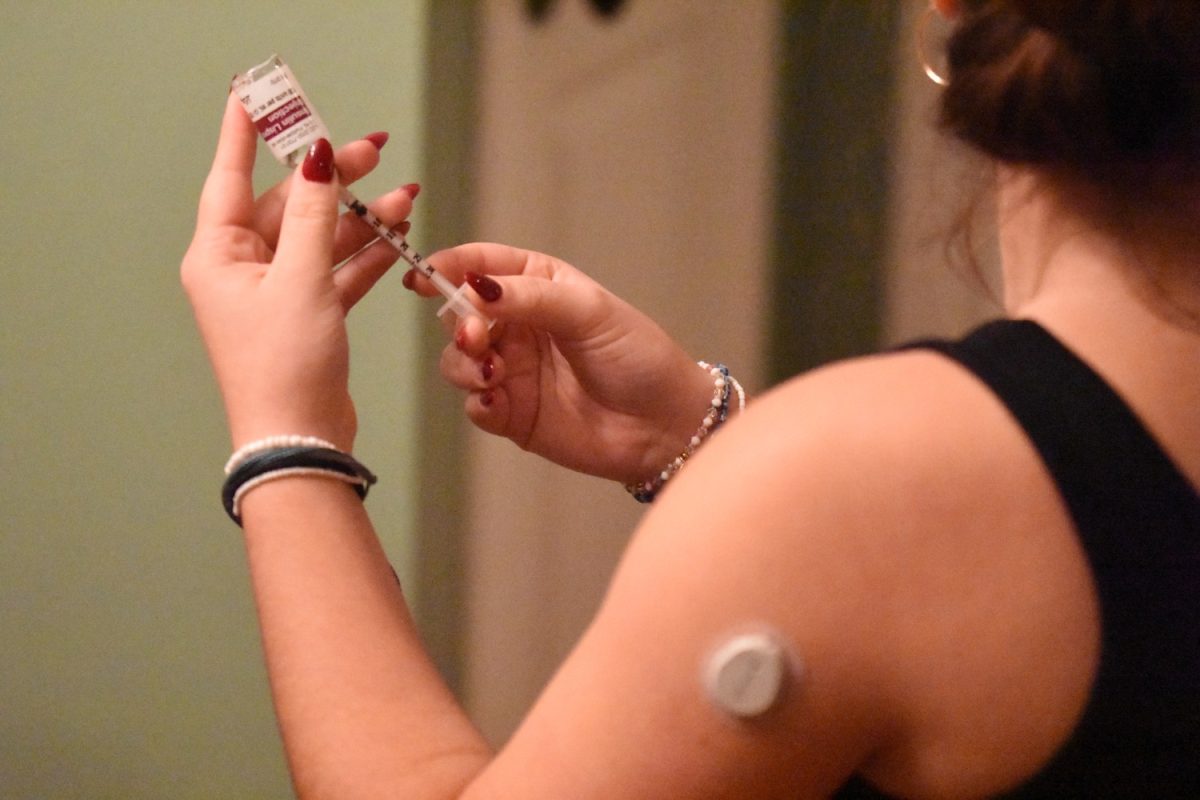
As a high school student scrolls through TikTok in mid-March, they watch an overwhelming amount of students get rejected from the various University of California colleges. Later that month, the statistics for the admissions processes were released and they realized that the constant rejections were due to the dramatic increase in competition.
“The 2021 cycle was definitely a lot more competitive based on my observations, which worried me because I am applying this fall with the same policies implemented,” Kaitlyn Kwan, a junior, said.
An example of this dramatic increase can be seen with the University of California, Los Angeles’ (UCLA) admission statistics. UCLA is notorious for having the most freshman applicants in the country. This year they had nearly 140,000 freshmen applicants, breaking the record amongst all universities in the United States.
“From my professional point of view, I think it’s because students had more time on their hands to apply. We did get a lot more applications at UC Davis this year, but we also found that there were a lot of errors on the applications,” Connie Dominguez, a counselor at Carlmont High School and UC Davis application reader, said.
Many students also suspect that this increase had a correlation with the test-blind policies that were implemented this admissions cycle.
“I think that the new SAT policies might have been a factor in the uprising of applicants. Not having the SAT as a requirement opens up a lot of opportunities for students who don’t have the privilege to take the SAT or student’s who don’t test well to apply,” Kwan said.
In November of 2020, the UC Board of Regents officially announced that all schools within the UC system would take a test-blind approach to college admissions due to the equity issues that are correlated with the SAT.
According to Inside Higher Ed, students with family incomes below $20,000 earned an average score of 433 on the reading section, while students with family incomes above $200,000 earned an average score of 570.
These statistics were yet another reason for the regents board to pass the test-blind policy. The SAT was initially used to predict a student’s success in college. However, Dominguez believes that there are other methods to prove a student’s readiness.
“They passed this policy to make it more equitable for students who can’t take all these test prep classes. The fact is that there are so many other ways to predict how students will perform in college, such as taking A through G courses,” Dominguez said.
This new policy meant that SAT scores won’t be considered at all when reviewing student applications. This thrilled Kristen Carpio, a senior at Notre Dame, as she believed her SAT score would not have improved her application.
“I’m really glad the SAT was canceled since the essay and extracurricular portions of my application were much stronger compared to my test scores and grades. However, I think it made the process more competitive because the UCs looked at the other parts of the application even harsher,” Carpio said.
Although many may believe that an SAT score played a critical role in the admissions process before the test-blind policy was implemented, Dominguez claims that to be false. For example, UC Davis has only considered an applicant’s SAT score when absolutely necessary for the last four years. Despite this, significant differences in how admissions officers scored an application were absent.
“We haven’t been using SAT or ACT scores at Davis for four years now, and it has not affected how we score an application. This is because we holistically review an application, meaning there are many areas that we look at in an application, aside from test scores,” Dominguez said. “I would say the only time over the last four years where the test scores are really important is if the student was homeschooled or if the student has been to many high schools in four years and we don’t know what kind of GPA they have.”
Despite positive reactions from many, this new policy left some students confused about what the UC schools would emphasize during their review process. Many are assuming that extracurricular involvement will be an imperative component in the process.
“After observing the trends with the 2021 admissions cycle, I am guessing that they will probably be putting a heavier emphasis on extracurriculars and how students contributed to the community, despite the pandemic, but I am not sure,” Kwan said.
Kwan’s beliefs were correct. According to Dominguez, admissions officers continued to seek passion within a student’s application and how applicants have adjusted to the circumstances to continue their involvement. Although that one factor doesn’t guarantee admissions, passionate students typically stand out during the admissions process.
“The students that received good scores [when scoring student applications] from me were the ones that were rocking it, despite being in a pandemic. They didn’t write essays about how their goal was to do all this, but then the pandemic hit, and they were unable to finish what they started,” Dominguez said. “Students who continued looking for rigor, doing research on what they’re passionate about, and forming clubs online were the applicants that stood out during the process.”
For those reasons, students must curate compelling personal insight essays since that is where applicants have an opportunity to convey their passions. Carpio advises students to be prepared and start early.
“Make sure to start your essays early. The UC prompts do take a while to complete, and I definitely don’t recommend saving all of them for the weekend before. My best tip is to have at least an outline of what you want to write in 4 prompts of your choosing by the time you start senior year,” Carpio said.
Admissions officers aren’t looking for a reason to reject an applicant, but rather searching for a quality that shows a student deserves to be accepted.
“Students constantly stress over, you know, that they only took one semester of this or that their GPA is low, even though their classes are rigorous. We don’t look for reasons not to admit students; we are trained to look for reasons to admit students,” Dominguez said.






















